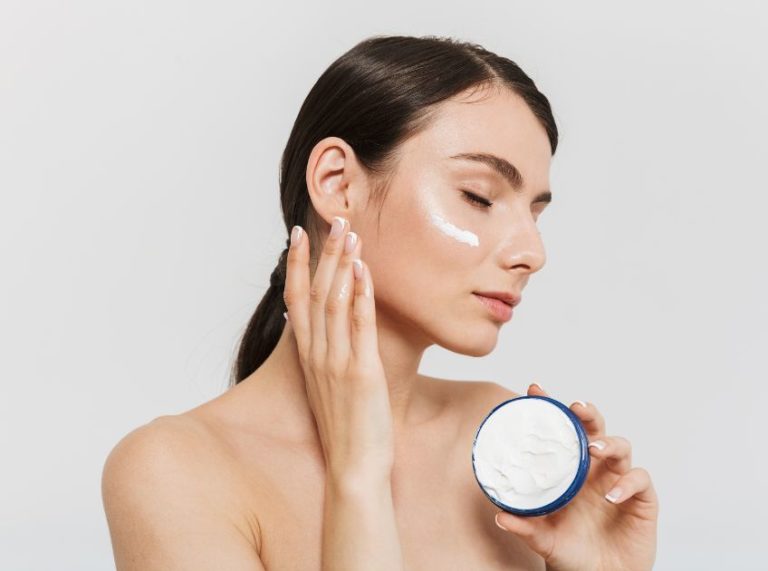
Important: This article is for informational purposes only. Please read our full disclaimer for more details.
Are you tired of dealing with stubborn dark spots? You might be surprised to learn that a common kitchen ingredient, the potato, could hold the answer. Dark spots, or hyperpigmentation, are a frequent skin concern caused by factors like sun exposure, aging, and acne scars. This article delves into how potatoes might help reduce dark spots and promote an even skin tone.
Understanding Dark Spots
Types of Hyperpigmentation Dark spots can appear in different forms, such as:
- Melasma: Often triggered by hormonal changes, this condition results in brown patches on the face.
- Freckles: Small, flat brown spots that develop due to sun exposure.
- Post-inflammatory hyperpigmentation: Dark marks that arise after skin injuries or inflammation.
What Causes Dark Spots? The root cause of dark spots is the overproduction of melanin, the pigment that gives skin its color. When skin cells are damaged or inflamed, they may produce excess melanin, leading to areas of discoloration.
Can Potatoes Help Lighten Dark Spots?

Key Components in Potatoes Potatoes contain several natural compounds that may aid in lightening dark spots:
- Catecholase Enzymes: These enzymes can reduce melanin production, potentially diminishing hyperpigmentation [1].
- Vitamin C: A powerful antioxidant that supports collagen production and brightens skin [2].
Additional Benefits Beyond lightening dark spots, potatoes offer hydration and soothing effects. They are packed with nutrients like zinc and polyphenols, which help combat inflammation and support overall skin health [3].
What Does Science Say?
Current Research While there is some evidence suggesting that potato extracts can help reduce melanin production, comprehensive clinical studies focusing solely on potatoes for hyperpigmentation remain limited. However, potatoes have a long history of being used as a natural remedy in many cultures [4][5].
Anecdotal Support For centuries, potatoes have been part of traditional skincare routines. Many people claim they’ve experienced improvements in dark spots and uneven skin tone through consistent use [5].
How to Use Potatoes for Skin Lightening
DIY Methods
- Potato Juice: Grate a potato and squeeze out its juice. Apply it to the dark spots using a cotton pad, leave it for 15-20 minutes, then rinse with lukewarm water [4].
- Potato Slices: Place thin slices directly on dark spots for a quick, targeted treatment [3].
- Potato Face Masks: Mix grated potato with natural ingredients like lemon juice or yogurt for enhanced results [5].
Note: Always perform a patch test before trying these remedies to ensure your skin doesn’t react negatively.
Commercial Products Some skincare products include potato extract as a key ingredient aimed at reducing pigmentation and promoting radiant skin [6].
Setting Expectations
What to Expect Results vary depending on skin type and the severity of dark spots. While potatoes can offer noticeable improvements for some, they might not work equally well for all forms of hyperpigmentation [4].
Possible Side Effects Although rare, some individuals might experience irritation or allergic reactions. If you notice any adverse effects, discontinue use and consult a dermatologist [3].
Enhancing Results with Complementary Treatments
Potato-based remedies can be paired with other treatments for better results, such as:
- Sunscreen: Vital for preventing new dark spots [2].
- Chemical Peels and Vitamin C Serums: These can amplify the effects of potato treatments when used together [6].
Conclusion
Potatoes offer a natural, cost-effective way to address dark spots thanks to their unique compounds like catecholase and Vitamin C. While their efficacy may vary, they can be a valuable addition to your skincare routine. For personalized advice on treating hyperpigmentation, consider consulting a dermatologist.
Disclaimer: This article is for informational purposes only and does not constitute medical advice. Always consult a qualified healthcare professional for personalized guidance on skincare and treatment options.















